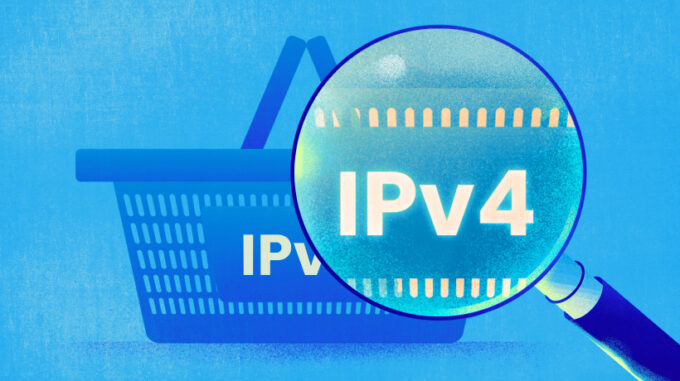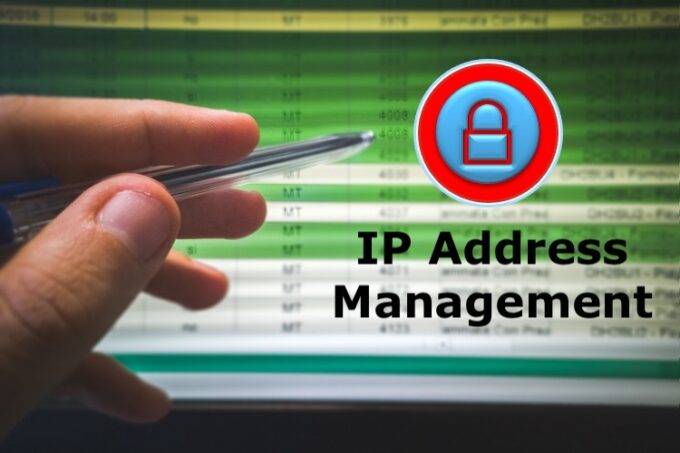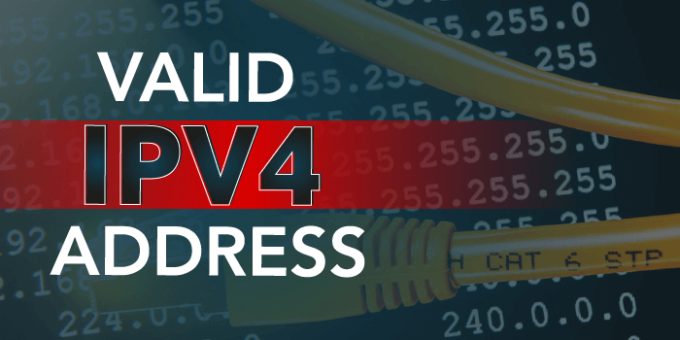In the ever-expanding landscape of the internet, where every device, website, and online service requires a unique IP address to connect, the scarcity of IPv4 addresses has become a pressing issue. As the demand for these addresses continues to rise, a thriving market has emerged for those who possess excess IPv4 resources. In this blog, we will delve into the growing market for IPv4 addresses and explore strategies to capitalize on this shortage.
Understanding the IPv4 Shortage

IPv4, or Internet Protocol version 4, uses a 32-bit address system, allowing for approximately 4.3 billion unique addresses. While this may have seemed like an astronomical number in the early days of the internet, the rapid proliferation of devices has left us on the brink of exhausting this finite resource.
The main factors contributing to the IPv4 shortage include:
- Device Proliferation: The rise of smartphones, IoT devices, and other internet-connected gadgets has significantly increased the demand for IP addresses.
- IPv6 Adoption: IPv6, with its vastly larger address space, was developed to address this shortage. However, adoption has been slower than anticipated, leading to continued reliance on IPv4.
The IPv4 Marketplace

The shortage of IPv4 addresses has given rise to a robust marketplace, where organizations and individuals with surplus addresses can sell or lease them to those in need. Here’s how you can capitalize on this burgeoning market:
1. Assess Your IP Resources
Before entering the market, it’s crucial to determine how many IPv4 addresses your organization possesses. Conduct an inventory and evaluate which addresses are unused or can be efficiently managed.
2. Understand the Value
IPv4 addresses have varying values depending on factors like their prefix size, geographical region, and historical use. Engage with IPv4 address brokers or use online valuation tools to gauge the potential worth of your IP resources.
3. Legal and Regulatory Compliance
Ensure that your IPv4 address transactions comply with regional and global regulations. Engage legal counsel experienced in IP address transfers to navigate potential legal complexities.
4. Listing Your IPv4 Resources
Choose a reputable IPv4 marketplace or broker to list your IP resources. These platforms facilitate connections between buyers and sellers, streamlining the transaction process.
5. Negotiate and Finalize Deals
Negotiation is a crucial step in maximizing the value of your IPv4 addresses. Be prepared to discuss terms, pricing, and transfer logistics. Once an agreement is reached, finalize the deal and complete the necessary paperwork.
6. IP Address Management

If you plan to retain some IPv4 addresses, implement efficient IP address management practices to ensure optimal use of your remaining resources.
7. IPv4 Address Exhaustion Effects
The exhaustion of IPv4 addresses poses serious challenges, especially for businesses. Companies that can’t acquire enough IP addresses may struggle with scaling their operations. New services that require unique IP addresses could be delayed, impacting time-to-market and competitiveness. Additionally, the scarcity of IPv4 addresses can drive up costs, forcing businesses to allocate resources inefficiently. In extreme cases, lack of adequate IP resources could even affect the quality of service, resulting in slower network speeds and reduced reliability for end-users.
8. IPv4 Trading Trends
The IPv4 trading market is experiencing notable changes. Due to scarcity, prices of IPv4 addresses have been on the rise. This affects not just large corporations but also small businesses trying to enter the market. The high cost has led to a surge in leasing arrangements for IP addresses as an alternative to purchasing them outright. Some organizations are also resorting to “IP address hoarding,” where they acquire more addresses than currently needed in anticipation of future scarcity. These practices are impacting the cost dynamics and availability in the trading market.
9. IP Resource Conservation
Given the dire state of IPv4 resources, responsible management and conservation have never been more crucial. Businesses and individuals should avoid wasteful practices, such as unnecessarily large IP allocations that remain underutilized. Efficient allocation strategies, like using smaller subnets and reclaiming unused addresses, should be the norm. Regulatory bodies could play a role in enforcing these good practices, but ultimately, the responsibility falls on every internet user.
10. IPv4 Alternatives

Solutions like Network Address Translation (NAT) and IPv6 transition technologies are alternatives to mitigate IPv4 shortages. NAT allows multiple devices within a private network to share a single public IP address. While this is a cost-effective solution, it has limitations like reduced end-to-end visibility and potential issues with certain applications. IPv6, with its vastly larger address pool, is the long-term solution. However, transitioning to IPv6 involves costs and challenges in terms of compatibility with existing IPv4 systems.
11. Global Regional Variations
The market dynamics for IPv4 addresses vary significantly by region. For example, in regions with more stringent regulations, prices might be higher due to additional compliance requirements. Similarly, demand patterns differ based on technological adoption rates in each region. Some regions might experience accelerated IPv4 exhaustion due to rapid internet adoption, thus driving up local demand and prices. Understanding these regional variations is essential for global businesses that require IP resources in multiple locations.
12. Long-Term Outlook
Looking ahead, the long-term outlook for IPv4 addresses remains uncertain. Technological advancements could potentially introduce new ways to extend the life of IPv4 addresses, but these would only be stop-gap measures. Evolving internet usage patterns, including the rise of IoT devices, are continually increasing the demand for IP addresses. Policy changes, like stricter allocation requirements or incentives for IPv6 adoption, could also impact the IPv4 landscape. Despite these uncertainties, one thing is clear: the need for a transition to more sustainable alternatives like IPv6 is becoming increasingly urgent.
Conclusion

The expanding market for IPv4 addresses presents a unique opportunity to sell IPv4 resources for those organizations and individuals who have surplus IP addresses. As the IPv4 shortage continues to intensify, the demand for these addresses is set to rise further, making them a valuable asset that can be capitalized upon by those who hold them. If you find yourself in possession of excess IPv4 addresses, now is the time to explore the market, understand their value, navigate the legal landscape, and engage reputable marketplaces or brokers to successfully sell IPv4 resources. By seizing this opportunity, you can transform your surplus IP addresses into a valuable asset in today’s digital age.









